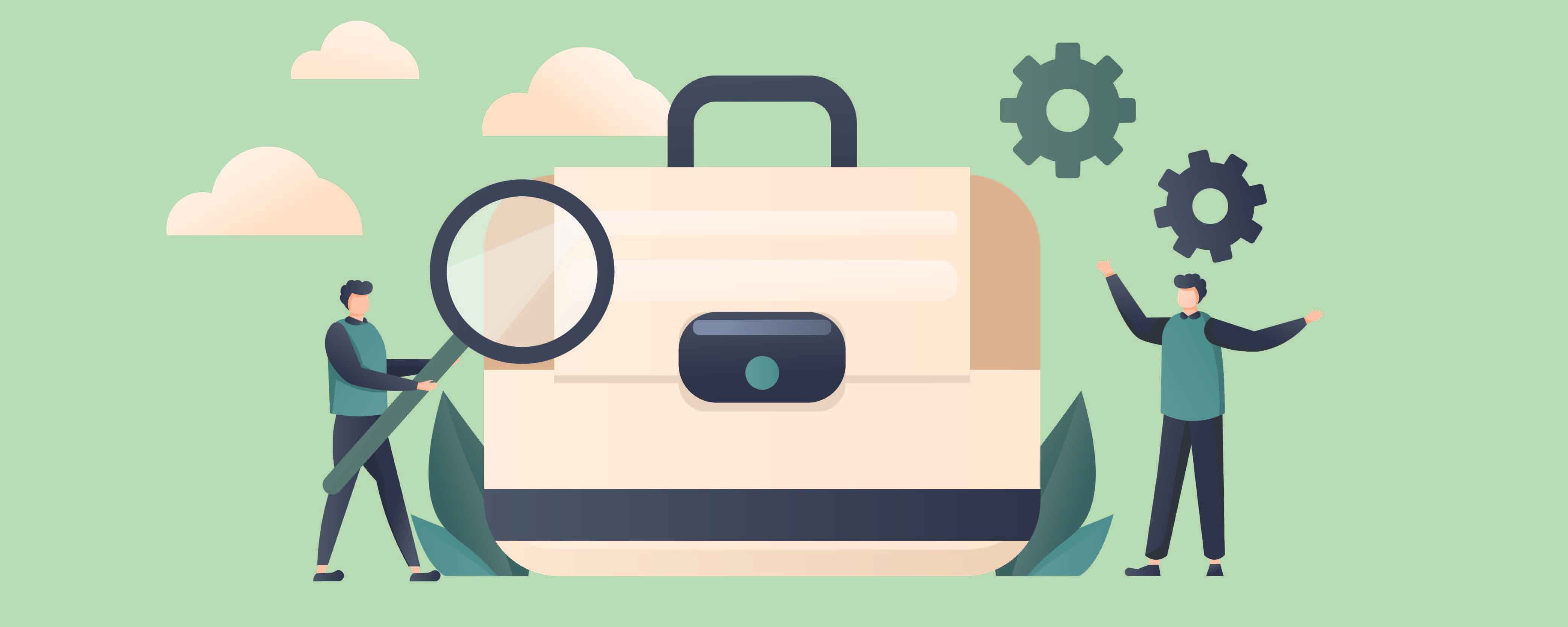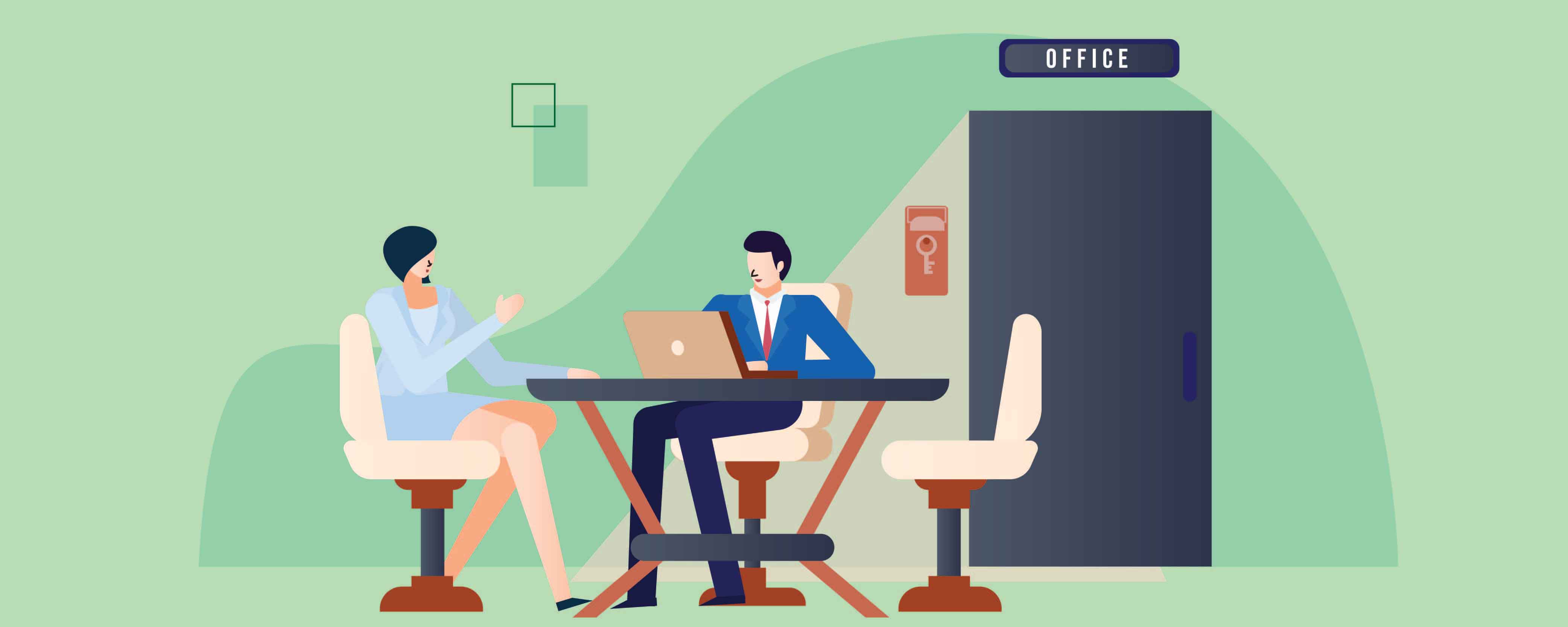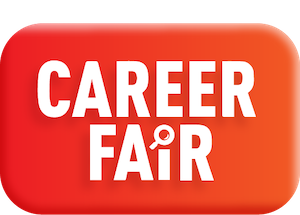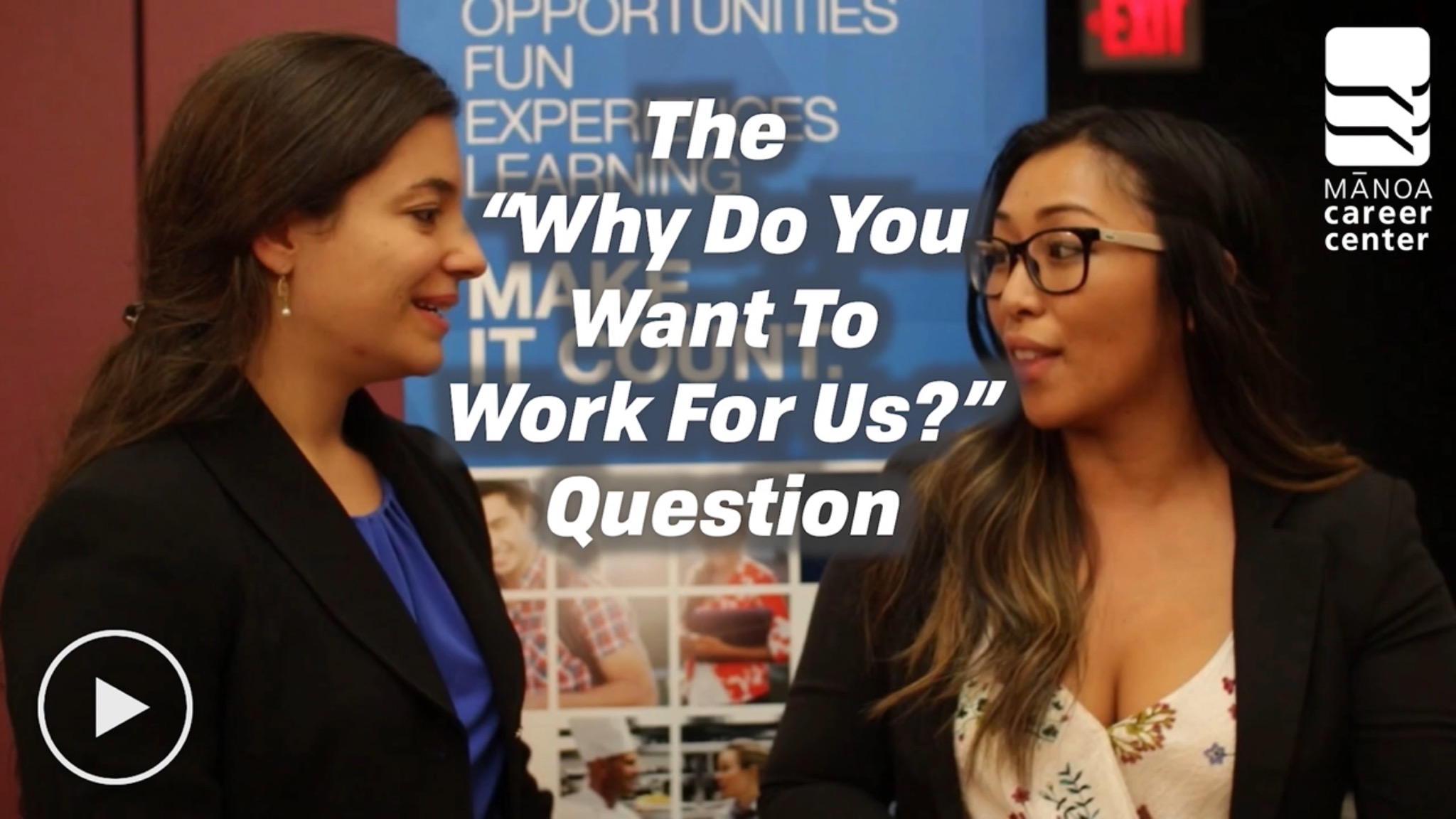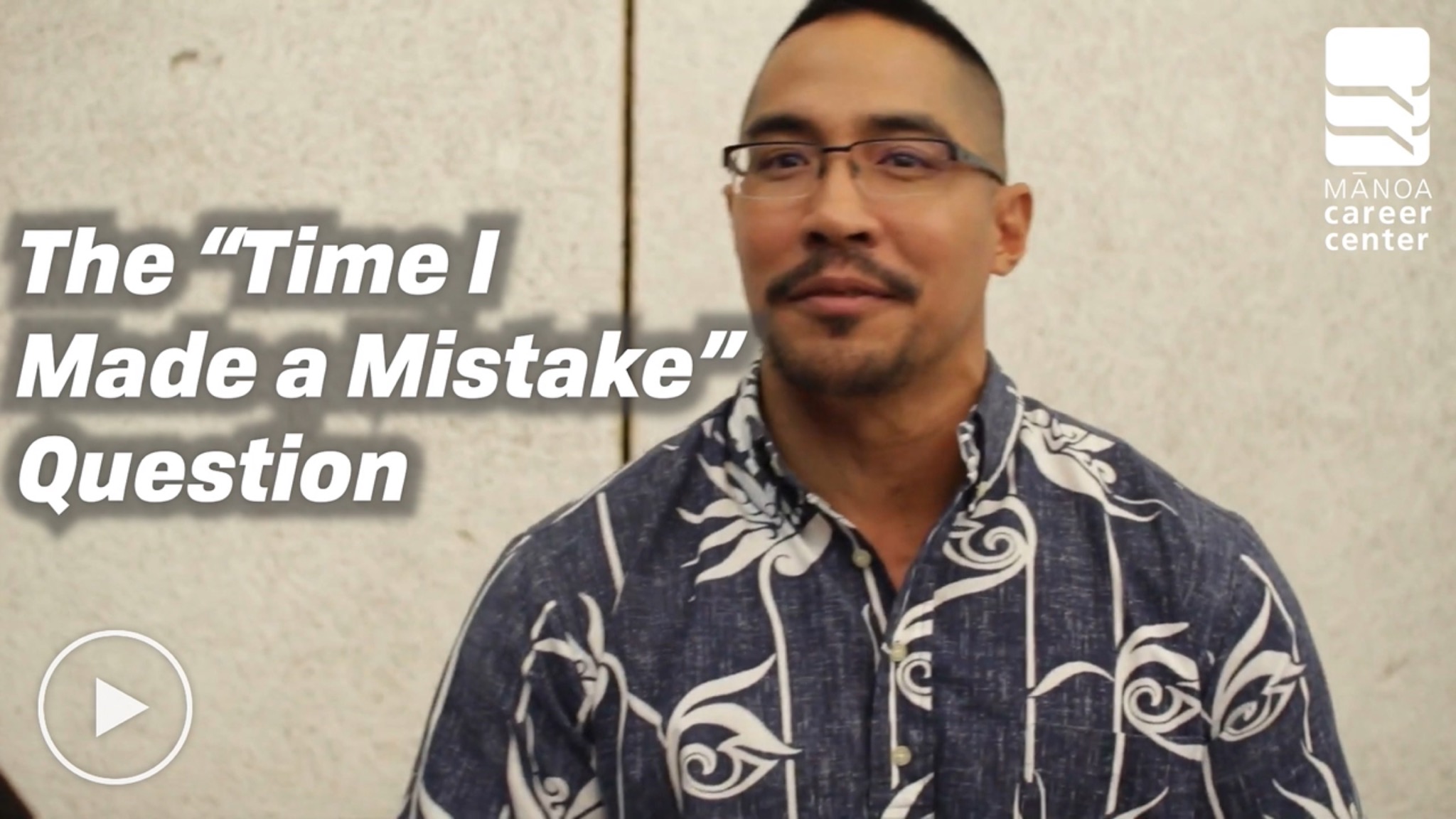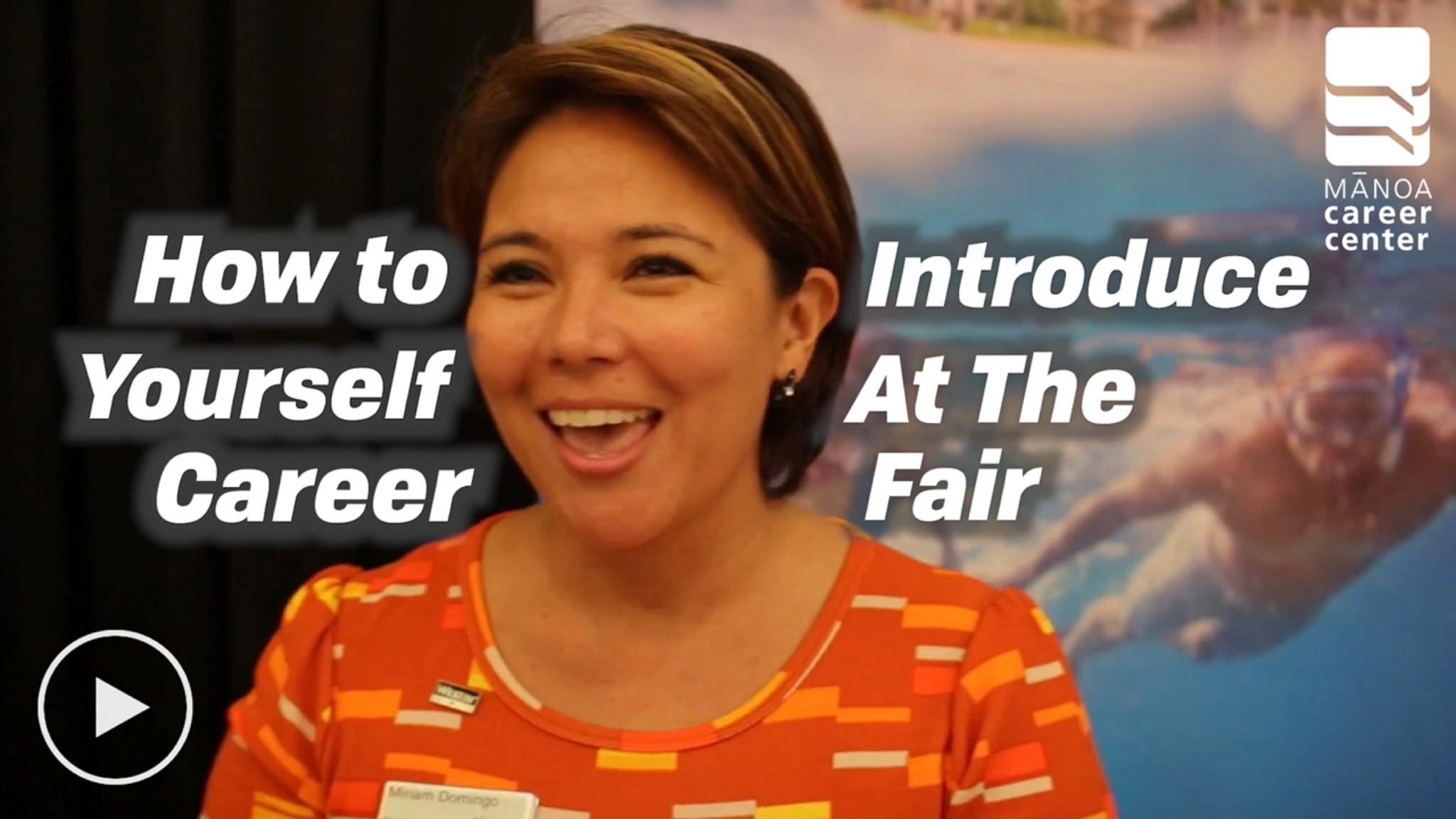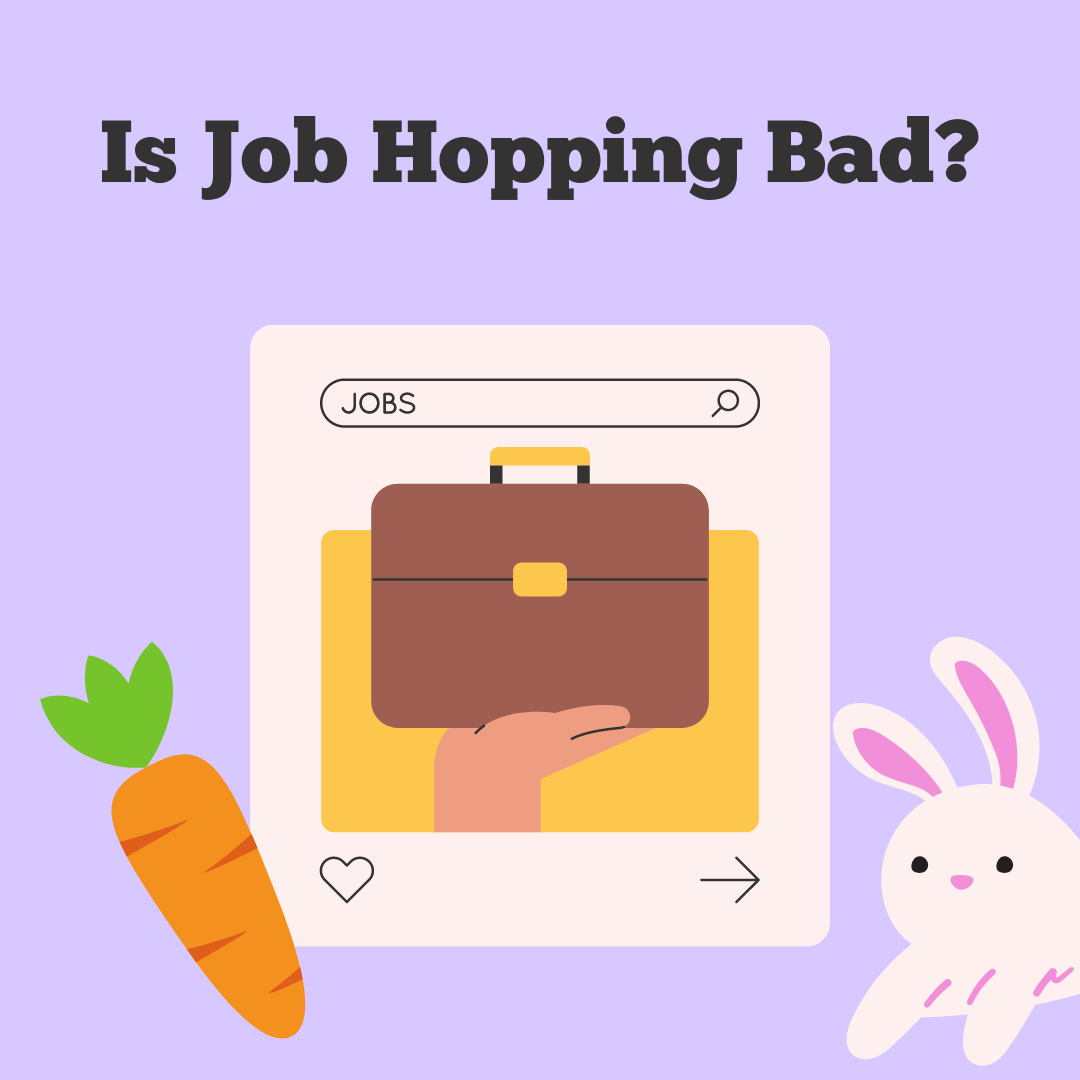 Marichie is from ʻEwa Beach and currently resides there. She graduated with her BAPH with a Minor in Philippines Language and Literature in May 2017, and she received her MPH (Social and Behavioral Health Sciences) in May 2019 from UH Mānoa with the amazing mentorship and guidance from her mentors and teachers.
Marichie is from ʻEwa Beach and currently resides there. She graduated with her BAPH with a Minor in Philippines Language and Literature in May 2017, and she received her MPH (Social and Behavioral Health Sciences) in May 2019 from UH Mānoa with the amazing mentorship and guidance from her mentors and teachers.
She did her MPH practicum at the Hawaiʻi Primary Care Association and is currently employed with them. The Hawaiʻi Primary Care Association improves the health of communities in need by advocating for, expanding access to, and sustaining high-quality health care through our statewide network of Community Health Centers.
1.) What made you want to go into Public Health, and why do you recommend students to have majored in it?
I was exploring other health majors at the time, and a friend of mine recommended to check out Public Health. I took the introductory course (PH 201) and instantly fell in love with it! I guess you could say that I came across Public Health by accident, but it has been an incredible journey ever since. I am very grateful to experience these opportunities at my previous jobs and the position that I am in now.
Here are some public health examples of what we could do and the reasons why I recommend students choose Public Health. In this field, we conduct scientific research to share best practices of what worked and what did not work. We advocate and inform the people on health policies that could affect the way health professionals provide care and how patients receive quality care. We work in collaboration with the community to support their needs. We understand how the Social Determinants of Health (SDOH) play a factor in our health. We provide health promotion and education to prevent illnesses and encourage healthy lifestyles. We translate and tailor health information to make it easy to understand, adapt, and culturally appropriate for the community. We track disease outbreaks early on to make evidence-based decisions to share with the population on how to prepare and be informed – the list goes on. There are many areas to work in Public Health based on what your interest may be. Public health focuses on health promotion, prevention, and protection on the populational level instead of the individual.
2.) What does your average workday look like? (Pre-COVID-19, during COVID-19)
The Hawai’i Primary Care Association is a non-profit organization where we work in collaboration with the 15 community health centers (CHCs) across the state of Hawaii. We provide training and technical assistance, advocacy, and grants in support of our CHCs. With my position, I work from Monday-Friday, usually from 8:30 am – 5:00 pm. My average workday pre-COVID-19 is always different every day. We work on various grant activities and projects that provide support to our CHCs. This consists of brainstorming and researching information to inform ourselves about health guidelines and clinical workflows, policies, billing and reimbursement, pertinent data, news, or even vendor products. We also have weekly team meetings and try to convene trainings or online webinars to provide support to CHC staff. The type of support varies based on the needs of the CHCs. During this pandemic, a lot of our work has shifted towards providing support to the CHCs due to COVID-19. The nature of this pandemic is fast pace, so it is essential to keep up with the various needs and challenges that the CHCs are facing and the constant changes that are happening around health care by responding to those needs. The CHCs are working hard and doing amazing work to ensure the health and well-being of their patients and communities.
3.) What paths/doors open up for work opportunities when you have your masters versus your bachelor’s?
There are many areas that one with a BA or MPH could go into. Ultimately, I think it depends on the employer and what the job position entails. For example, if you want to work at a community health center, hospital, non-profit organization, schools, community-based programs, or state and federal health organizations. I encourage you to research some of these possible work opportunities and what is required. If you have a specific health interest, I suggest looking up organizations that support or have work around that and inquire within.
4.) Do you have any tips/advice for students during this time?
As a student, I would not be able to get through undergrad and grad school without the love and support from my amazing mentors and teachers. When all things settle down, I encourage you to seek a mentor and build connections with others because you can definitely learn a lot both academically and outside in the community. Also, it is okay if you don’t know or understand everything all at once. In this field, you will never stop learning, as health care is constantly changing and evolving. Therefore, it is important to stay updated on what is currently happening. But also remember to take care of your mental health and well-being.
I understand it is a trying time for many of you due to the pandemic, and with the constant changes and challenges that may arise. This is very surreal for many of us. My encouragement for all of you is to hang in there, and itʻs okay to feel these feelings. I believe there is a light at the end of the tunnel, and as long as you try your best, your work and effort won’t go unnoticed. Have patience with yourself and find ways to distress in activities safely and healthily. Furthermore, continue to encourage and support one another or reach out to a loved one during this time.
Stay indoors and stay safe.


